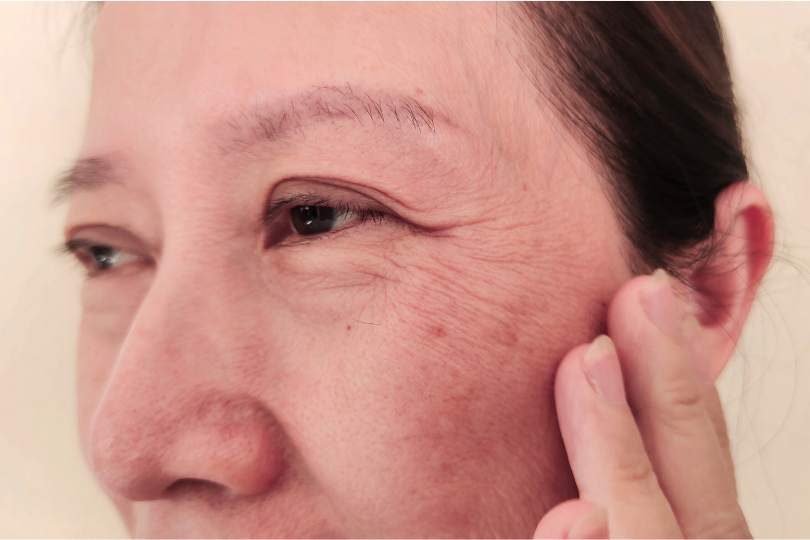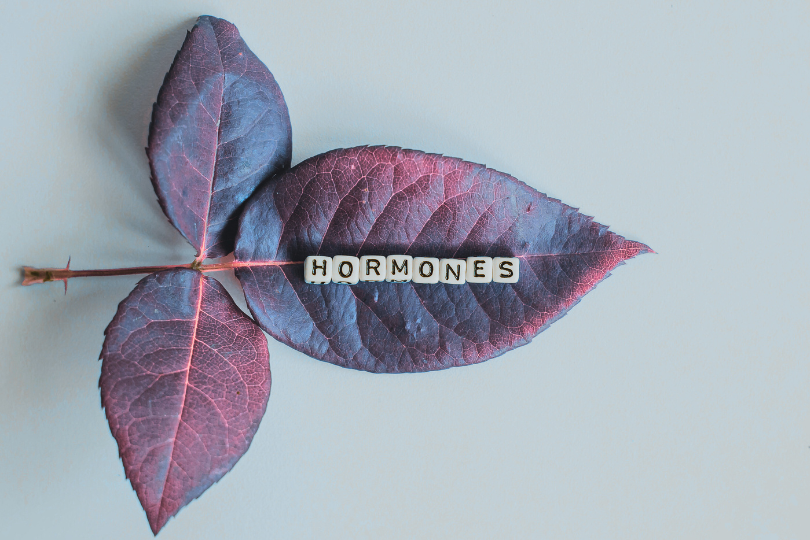As we journey through life, our perspective on our reproductive health can evolve from not actively considering it to realising that it's something we can't take for granted. This awareness underscores the significance of fertility testing. At its core, ovarian reserve, a concept as simple as keeping track of the eggs in your ovaries, becomes an important aspect to consider. In this article, we will talk about what fertility is, and why taking early steps to learn about our fertility can give us more control over our reproductive options in future.
Fertility refers to your body's natural ability to initiate and sustain a pregnancy. At the core of this concept is ovarian reserve, a term that essentially means counting the eggs left in your ovaries. To measure this reserve, one of the most widely used tests is Anti-Mullerian Hormone (AMH) levels, determined through a simple blood test.
Anti-Mullerian Hormone (AMH) is a protein produced by cells in the ovarian follicles. Think of it as a hormone that offers insight into the number of eggs remaining in your ovaries.
As we grow older, our AMH levels gradually decline, ultimately reaching 0 during menopause. While the decline in fertility happens to ALL of us, the specific age when we can no longer conceive differs from one person to another. And in some cases, it may be earlier than expected.
AMH can give us insight into where we are on that journey. This information is especially valuable if you're considering egg freezing, as it not only evaluates your current status but may also provide a timeframe for the urgency of freezing your eggs.
In relation to egg freezing, your AMH levels can offer clues about how your ovaries might respond to the egg freezing process. Lower AMH levels generally indicate a reduced ovarian reserve, potentially impacting your fertility prospects. Typically, an AMH level falling within the range of 4.5 - 14.3 pmoI/L is considered "normal."
If your AMH level is above this range, it could mean that your ovaries are more responsive to ovarian stimulation, resulting in a higher yield of retrieved eggs during the procedure. But remember, higher AMH levels also elevate the risk of ovarian hyperstimulation syndrome (OHSS), a condition where your ovaries are overstimulated and can be potentially life-threatening. Therefore, careful medication management and monitoring by your doctor are essential in such cases.
While AMH is a valuable tool for assessing a woman's fertility, it's important to understand that it's just one piece of the puzzle. A complete fertility assessment may involve several other tests, and whether you need these additional tests depends on factors like your medical and family history, guidance from your doctor, and your personal preferences. Here's a comprehensive list of these tests:

So when should you get your fertility tested? While there's no universally right time to test your fertility, the earlier you do it, the more control you can have over your reproductive lifespan. Getting tested early can provide a clearer understanding of whether egg freezing might be a good choice while you're still young. The American Society for Reproductive Medicine recommends egg freezing in your 20s to early 30s. The younger you are, the healthier and more plentiful your eggs are, avoiding the need for multiple cycles of egg freezing as you get older.
Besides the matter of age, your doctor may also recommend fertility testing if you have past or current reproductive health issues, including sexually transmitted infections (STIs), endometriosis, or PCOS, all of which can contribute to fertility challenges.
Fertility testing provides a window into your reproductive future. It's a proactive measure, particularly relevant if you're considering egg freezing. Early testing broadens your options, allowing to freeze your eggs with fewer cycles, or plan for a family with your chances of conceiving in mind. At Taylor, we offer a range of fertility tests, designed to be easy, affordable and hassle-free. Just drop us a note and we'll help you along!



If your routine suddenly feels out of step, it’s not your products, it’s your hormones. As estrogen begins to fall, the signals that keep skin strong and hydrated weaken. Dryness, breakouts, pigmentation, and slower healing start to appear, even with the same products you’ve always used. The good news: you can adapt. With smart everyday care (SPF, hydration, retinoids, vitamin C), lifestyle support (nutrition, sleep, stress), and medical options when needed (prescription treatments or hormone therapy), your skin can stay strong and healthy well into your 40s, 50s, and beyond.

No one talks about it, but perimenopause can hit in your 30s or 40s, and it’s not just about your period. Think brain fog, poor sleep, low libido. Here’s what to look out for and what you can do.

Many sexually transmitted infections can lie dormant for months or even years without symptoms. Understanding the facts — and getting tested together — can help you move forward with clarity and care.